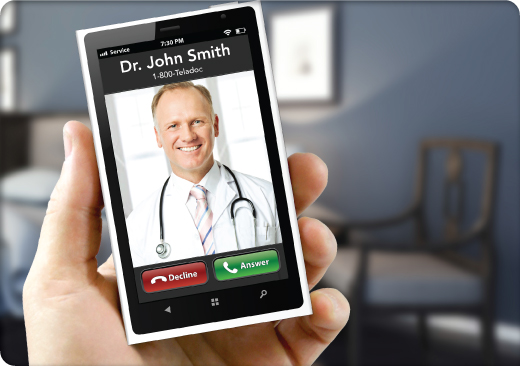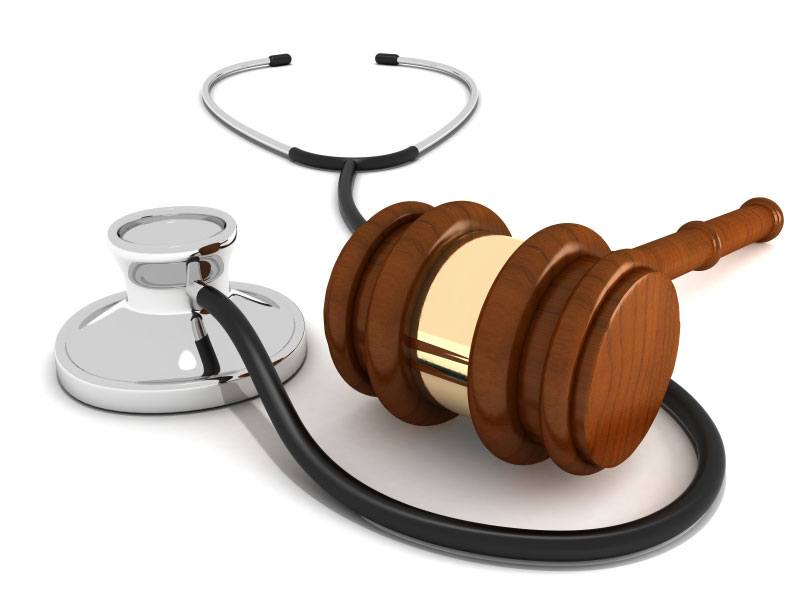Today, all the physiological data monitored in a hospital intensive-care unit — including ECG, blood pressure, pulse, oxygenation, sugar level, breathing rate and body temperature — can be recorded and analyzed continuously in real time on a smartphone. A small piece of hardware, either the size of a cellphone, or one integrated with a cellphone, held against your body, functions as an ultrasound device. It can deliver information instantly to you or anyone you designate, and the information rivals that collected in a physician’s office or hospital setting. It can do so when you are experiencing specific symptoms — no appointment necessary — and at virtually no additional cost.
Thanks to more than 20 Silicon Valley startups and advances in microfluidic technology, smartphones will soon be able to function as a mobile, real-time resource for rapidly obtaining all the studies done currently in a medical laboratory, including chemistries, blood values and microbiological studies. A device worn on the wrist, called Visi, has been approved by the FDA for hospital use that can measure your heart’s electrical activity, respiratory rate, blood oxygen and blood pressure (without a cuff), and transmit the data wirelessly. Many other such devices are coming out that could be used by patients in their own homes. (WSJ)



